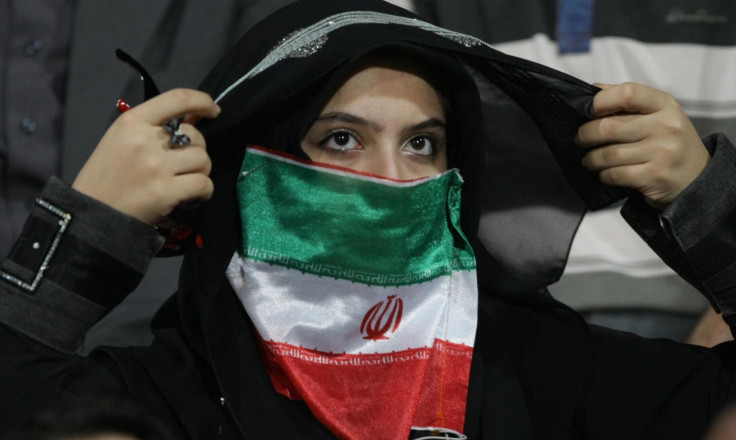Iran Arrests 8 People In Spider II Operation Targeting Models Posing Online Without Headscarves

At least eight people have been arrested in Iran for working with “un-Islamic” modeling networks on social media, reports said Monday. The arrests were part of an operation titled Spider II and targeted women who posted photos online without their headscarves.
Authorities have identified about 170 people who were involved in modeling on social media, mainly on the photo-sharing Instagram application. Those identified include 58 models, 59 photographers and makeup artists, the Associated Press reported, citing Iranian state television.
“We found out that about 20 percent of the [Iranian] Instagram feed is run by the modeling circle,” Javad Babaei said on state television late Sunday, according to Agence France-Presse (AFP). They have been “making and spreading immoral and un-Islamic culture and promiscuity,” Babaei added.
In March, judiciary spokesman Gholam Hossein Mohseni-Ejeie had referred to the “arrest of eight models, some of whom were released on bail and some informed [of the law and freed]." It's not clear if the same people have been detailed in the latest crackdown.
“Some of them had heavy charges like spreading prostitution and promoting corruption,” he said at the time. “Some ... entered these networks unknowingly and thought these are commission jobs they are being paid for, so these people were not arrested.”
Instagram is popular among Iranians unlike Facebook (which owns the photo-sharing app), YouTube and Twitter, all of which are blocked in the conservative Shia country. And, in recent years, conservative factions in the Islamic republic have objected against a recent practice by some Iranian women, mainly in the capital Tehran, of only loosely wearing the mandatory headscarf or hijab.
© Copyright IBTimes 2025. All rights reserved.






















